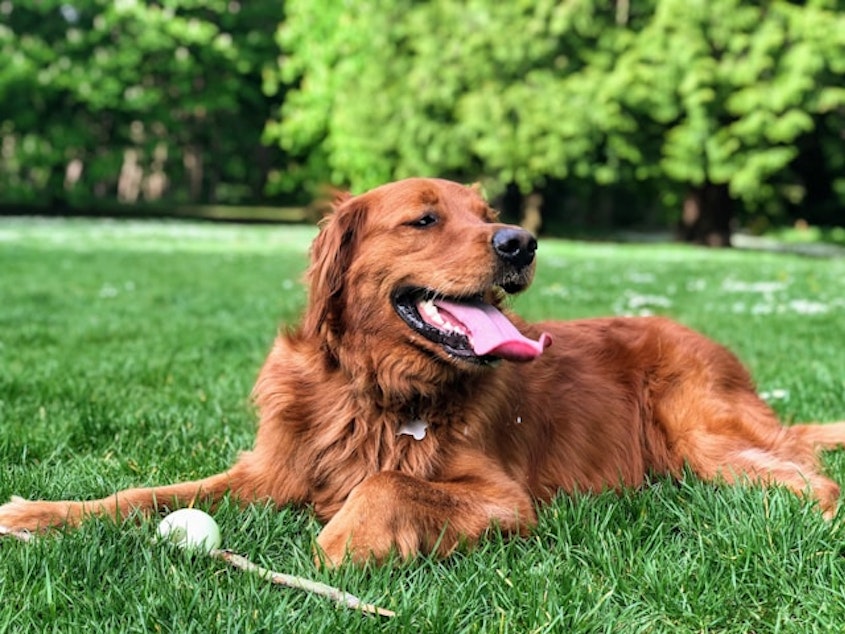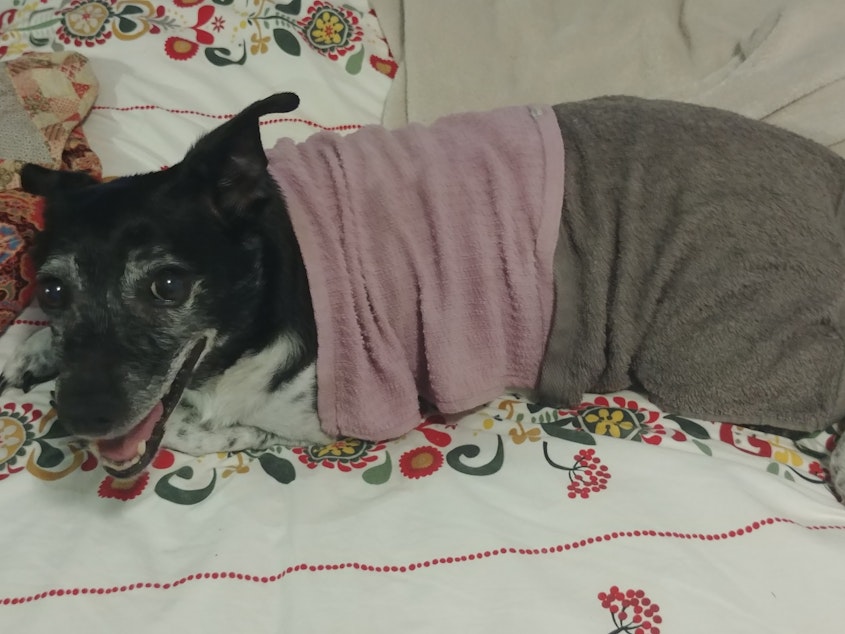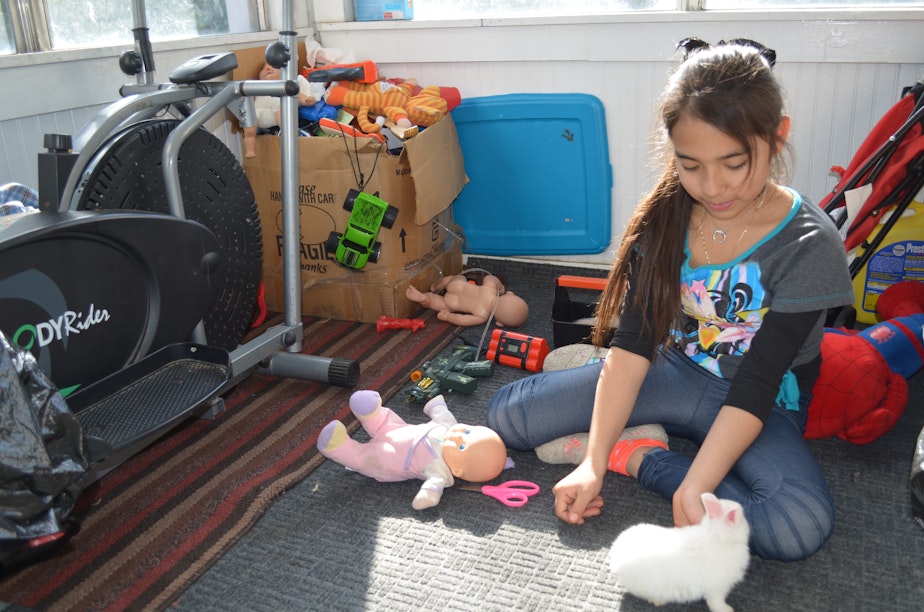It’s about to hit 90 degrees in Seattle. Here’s how to keep your pets cool

With temperatures climbing into the 90s Tuesday and Wednesday across Western Washington, it’s important to make sure your pets stay cool and healthy.
Keep in mind these tips from Seattle Animal Shelter and Seattle Humane Society when you’re planning your next few days to keep your best friend in the best of health.
Never leave your pet alone inside a parked car.
Plan trips so your pets can stay with you or leave them at home where the temperature is more stable. The Humane Society points out that temperatures inside a car can quickly approach 120 degrees. Dogs have a body temperature a few degrees higher than humans. If their body temperature rises to 107 or 108, they can suffer brain damage and even death.
NOTE: Washington state law allows animal control or law enforcement to remove an animal from a vehicle by any means necessary if they believe the animal is suffering or is likely to suffer from being left in a vehicle and exposed to excessive heat. The owner could face a charge of animal cruelty.

Exercise dogs during the coolest times of the day.
Take walks in the morning or evening, and beware that hot pavement can burn a pet’s paw pads. You can test the heat by placing the back of your hand against a sidewalk or road. If it’s too hot for your hand, it’s too hot for your pet’s (or pets’) paws. Carry water with you on walks, and don’t overexert your pet on hot days.
RELATED: 'Heat kink' could delay light rail on hot days in King County
Ensure pets have access to shade and cool water.
Shaded areas shift over the course of the day. If your pet is outside, make sure they always have access to shade. Consider adding ice cubes to water bowls.
Sponsored

Keep an eye on your pet during extreme weather.
Signs of a heat stroke include heavy panting, agitation, glazed eyes, rapid pulse, difficulty walking, vomiting, and a deep red or purple tongue. If your pet exhibits symptoms, place them in a cool place and apply cool (not cold) water over their body. Apply ice packs or cold towels only to the head, neck, and chest. Let them drink cool water or lick ice cubes, and take your pet to a veterinarian if symptoms persist.
RELATED: Cooling shelters open in King County as region faces mild heat risk
Keep birds away from direct sunlight.
Sponsored
Birds do better in the shade and out of the sun. Feed them water and fruits and vegetables with high moisture content.

Feed small pets water-heavy snacks.
Animals like rabbits and guinea pigs can overheat easily. Feed them snacks such as cucumbers, melons, or watery vegetables. Frozen water bottles can be placed in pens to give small furry friends something cool to lie next to.

